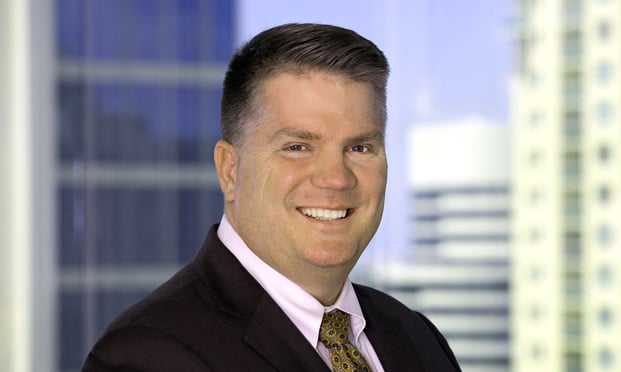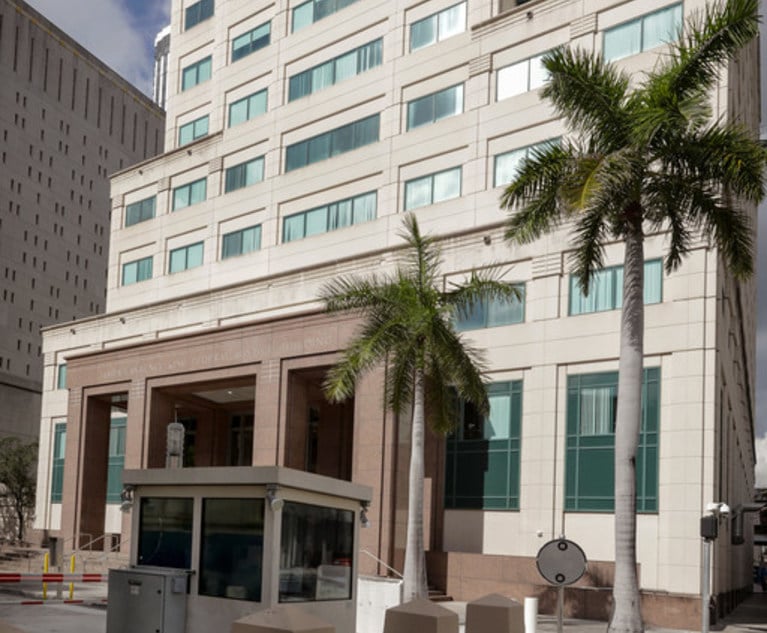Interactions with public officials create a heightened risk of reputation injury since statements and writings are often memorialized and discoverable as a result of: Florida’s “Government in the Sunshine Law” (where governmental meetings are often recorded, or minutes taken), Florida’s Public Records Law (where various types of records must be preserved for differing, minimum retention schedules), competitive procurement standard procedures (requiring disclosure of instances where contracts may have been terminated by a governmental agency “for cause”), and by hiring practices (where prior public employment records are obtained and reviewed).
In Florida, it is extremely difficult to subject public officials and employees to suit for defamatory statements they may make within the course of their duties. Notably, Section 768.28(9) (a), Fla. Stat. (2019), reads relevant part:
This content has been archived. It is available through our partners, LexisNexis® and Bloomberg Law.
To view this content, please continue to their sites.
Not a Lexis Subscriber?
Subscribe Now
Not a Bloomberg Law Subscriber?
Subscribe Now
LexisNexis® and Bloomberg Law are third party online distributors of the broad collection of current and archived versions of ALM's legal news publications. LexisNexis® and Bloomberg Law customers are able to access and use ALM's content, including content from the National Law Journal, The American Lawyer, Legaltech News, The New York Law Journal, and Corporate Counsel, as well as other sources of legal information.
For questions call 1-877-256-2472 or contact us at [email protected]


 Donald J. Lunny Jr., partner, Brinkley Morgan, Fort Lauderdale
Donald J. Lunny Jr., partner, Brinkley Morgan, Fort Lauderdale




